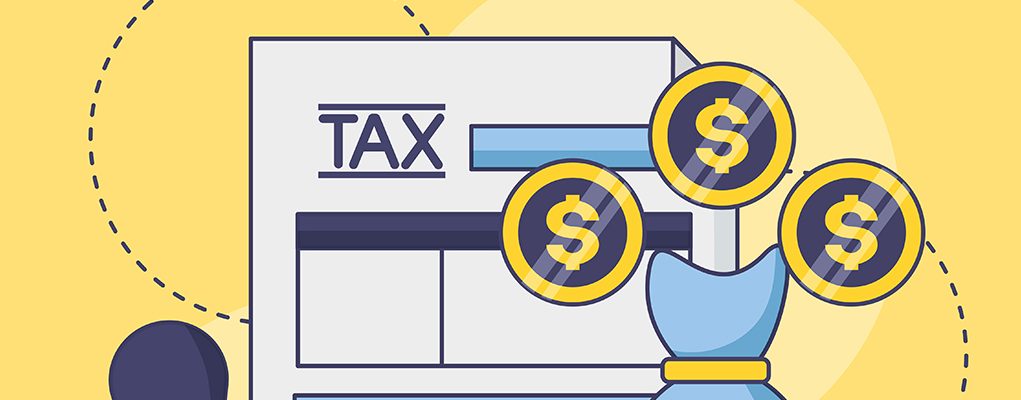An article on Stuff revealed that this drop in tax revenue is being mainly attributed to a 47.8% decline in tobacco duty driven by reduced demand for tobacco products. “While not unexpected, the slump was steeper than anticipated, with the Government collecting $400m or 28.9 per cent less than was forecast in December’s Half-Year Economic and Fiscal Update.”
For the first time in four years, in 2020 New Zealand’s Government did not announce any tobacco tax increases as part of the year’s budget. “It’s good news the Minister of Finance didn’t use this Budget to hike tobacco tax, as has been the case for the past four years,” said Nancy Loucas, Director of Aotearoa Vapers Community Advocacy (AVCA) last Summer. Loucas believes that while tobacco tax is used as a way of gaining revenue, it has a negative impact on vulnerable groups and does little to motivate the public to quit smoking.
Tax hikes hit the vulnerable the hardest
AVCA does not support tobacco tax hikes. Too often they’ve been used as a revenue gathering exercise and always hit the vulnerable the hardest. They’re terribly regressive and I would argue have had little impact on the likes of Maori with 31% still smoking. Sure, we’ve seen New Zealand’s overall smoking rates fall to a record 12.5% low, but that’s largely due to education and the arrival of vaping,” she added.
The AVCA believes that education and the availability of safer alternatives is the way forward in decreasing smoking rates. “We support the Government investing in campaigns via its own Health Promotion Agency to encourage smokers to switch to vaping. However, we don’t support the Government effectively taxing our poorest households more. Thank goodness that has stopped.”








